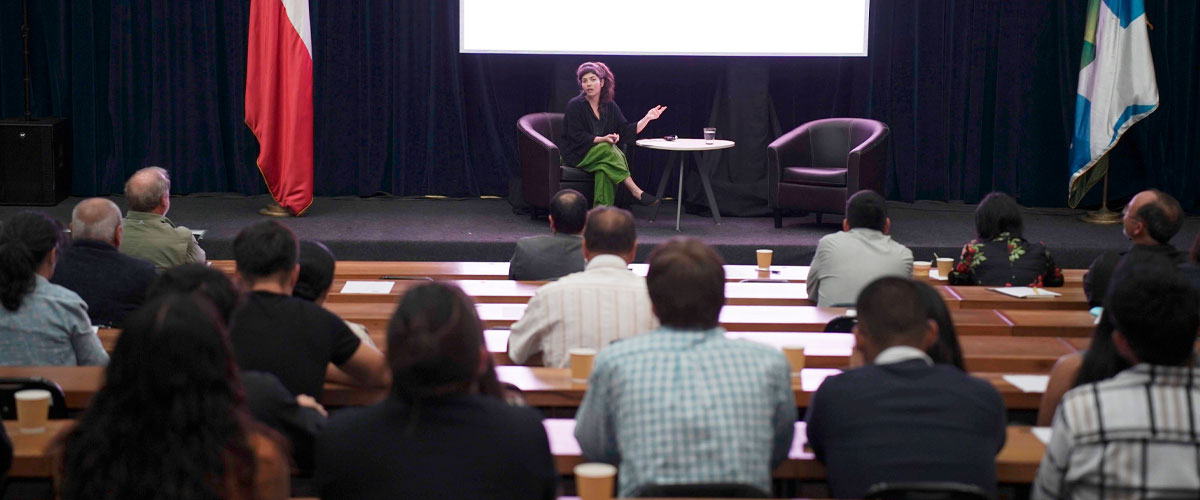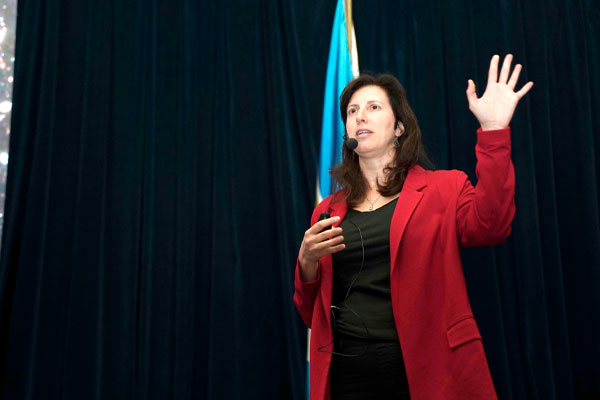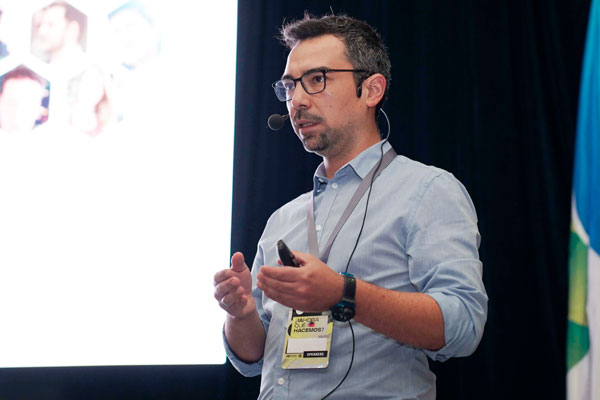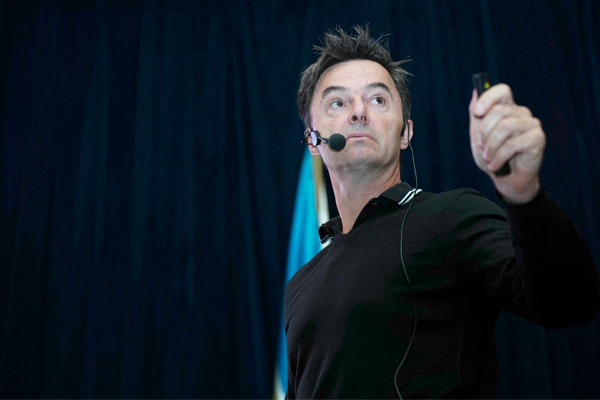- News
Future Congress 2024 addressed various regional challenges

The space brought together the main knowledge-generating institutions of the Coquimbo Region, which aim to include science and technology in everyday conversations.
The opportunities of AI in human life, astronomy, oceanography, engineering, biology and applied ecology were the topics addressed at Congreso Futuro 2024 in its version in the Coquimbo Region.
NOW WHAT DO WE DO? This version of the free meeting was called organized by the Senate - through the Future Challenges Commission - and the Future Meetings Foundation (FEF), and which had the support of the University of La Serena, Universidad Católica del Norte, Centro of Advanced Studies in Arid Zones (CEAZA), the Agricultural Research Institute (INIA) and the CIV-VAL Node, considered the presentation of 6 exhibitors, thinkers and scientists who shared their visions of the future.
“We have met at the Future Congress, where the main knowledge-generating institutions are convened. This instance allows us to join forces to advance in different topics, especially on this occasion, artificial intelligence. All the components of knowledge contribute and these initiatives lead us to also achieve regional cohesion and make decisions based on scientific data,” said Dr. Héctor Cuevas Larenas, Vice Chancellor of Research and Postgraduate Studies at the ULS.
In that sense, Dr. Antonela Monachesi, astronomer and academic at the University of La Serena, explained that these types of conferences “are very important to communicate to society the science that we are developing in the Coquimbo Region. At the Congress we have seen talks about our oceans, water problems, light pollution, very relevant topics that need to take measures to help us improve the region in every aspect.”
For his part, Dr. Patricio Ramírez, an academic at the Universidad Católica del Norte, pointed out that “having this regional instance helps to be able to face regional challenges based on science. It allows us to talk between different institutions about the problems of the territory and think about a future in which we can all build the development of a better region. It seems to me to be a significant, useful instance and I would love to see it maintained over time.”
This space brought together the main knowledge-generating institutions in the region in a necessary discussion that aims to include science and technology in everyday conversations. Invitation under the seal of joining the discussion, innovating and continuously collaborating on decisions that affect the region and contributing to our public policies.
The presentations of the first block of exhibitions were given by Dr. Antonela Monachesi, academic of the Department of Astronomy of the ULS and Director of the Doctorate Program in Astronomy of the same study house, who addressed the evolution of galaxies in the era of large databases”; followed by Dr. Boris Dewitte, CEAZA researcher, who explained the impact of climate change on Chile's ocean circulation; and Dr. Claudia Bavestrello, INIA researcher, who detailed how plants respond and adapt to changing environments.
The second block of presentations gave way to the presentation of Dr. Patricio Ramírez, an academic from the UCN Coquimbo who addressed human behavior and data science, applications to the adoption of digital technologies; and the international speakers Dr. Diego Oyarzún and Dr. Sofía Trejo, who spoke about artificial intelligence, degenerative diseases, computational biology; and How to remain human and avoid bias in the age of AI?, respectively.
Living experiences that allow - all audiences - to enjoy science and knowledge, in an interactive and transversal way, is the bet that brought the new version of this unique event in Latin America and one of the most important in the world.



